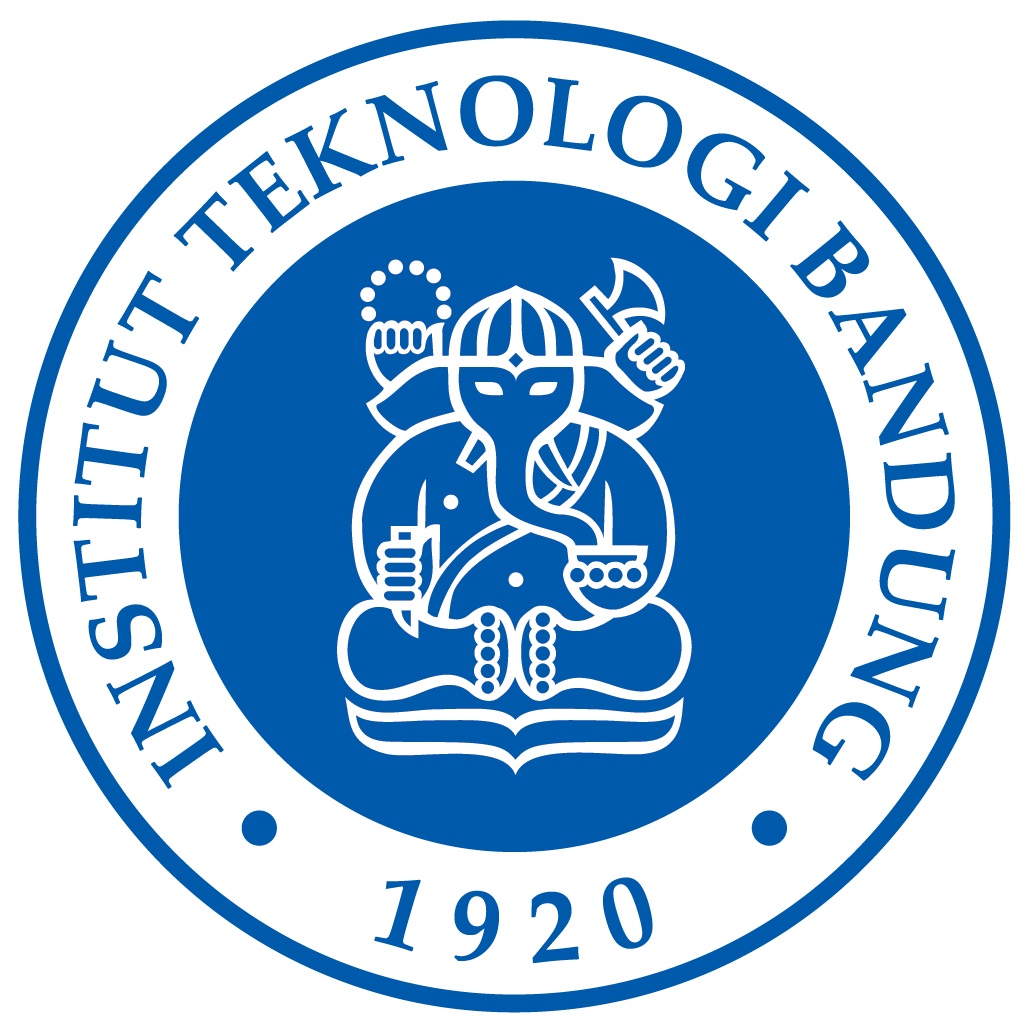

Zela Tanlega
The aim of the Rotary Evaporator Procurement activity is for Development of Lithium-Ion Battery Raw Material Synthesis Research is for increasing laboratory capabilities for education (lectures and practicum) and research in the Metallurgical Engineering Study Program and other study programs can use the rotary evaporator together (resource sharing). FTTM and ITB environment. In addition, this activity will generally improve quality and quantity of research and development of battery technology related to synthesis Battery raw materials include nickel, cobalt, manganese and lithium, and improve the current assessment of IABEE international accreditation of Engineering Study Programs metallurgy and when applying for a KAN accredited laboratory. The equipment submitted is the DLAB Rotary Evaporator RE100-PRO which is equipped with Diaphragm Pump C410. The proposed rotary evaporator has the capability to heating the sample to 1000 mL at ambient temperature to 180 °C and vacuum up to 13 mbar. The total proposed funding for this activity is Rp. 85,000,000,- and entirely for capital expenditure for purchasing equipment.
Increasing laboratory capabilities for education (lectures and practicums) and research in the Metallurgical Engineering Study Program and other study programs that can use rotary evaporators together (resource sharing) within the FTTM and ITB environments. Improving the quality and quantity of research and development of battery technology related to the synthesis of battery raw materials including nickel, cobalt, manganese and lithium
Procurement of rotary evaporator equipment will expand the scope of experiments in research topics regarding the synthesis of battery raw materials, such as nickel, cobalt, manganese and lithium. Apart from that, this equipment will also support educational and practicum activities for several courses in the Metallurgical Engineering Study Program as well as research that can be used jointly within the FTTM-ITB environment and even several study programs in other faculties, for example research on lithium enrichment from geothermal brine in the Master's Study Program Geothermal (S2) and comparison of battery performance from local raw materials with commercial raw materials in the Mining Engineering Study Program (S3) and Materials Engineering Study Program (S1-S3).